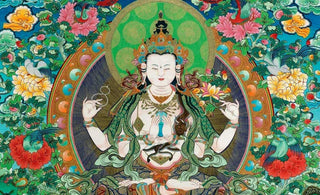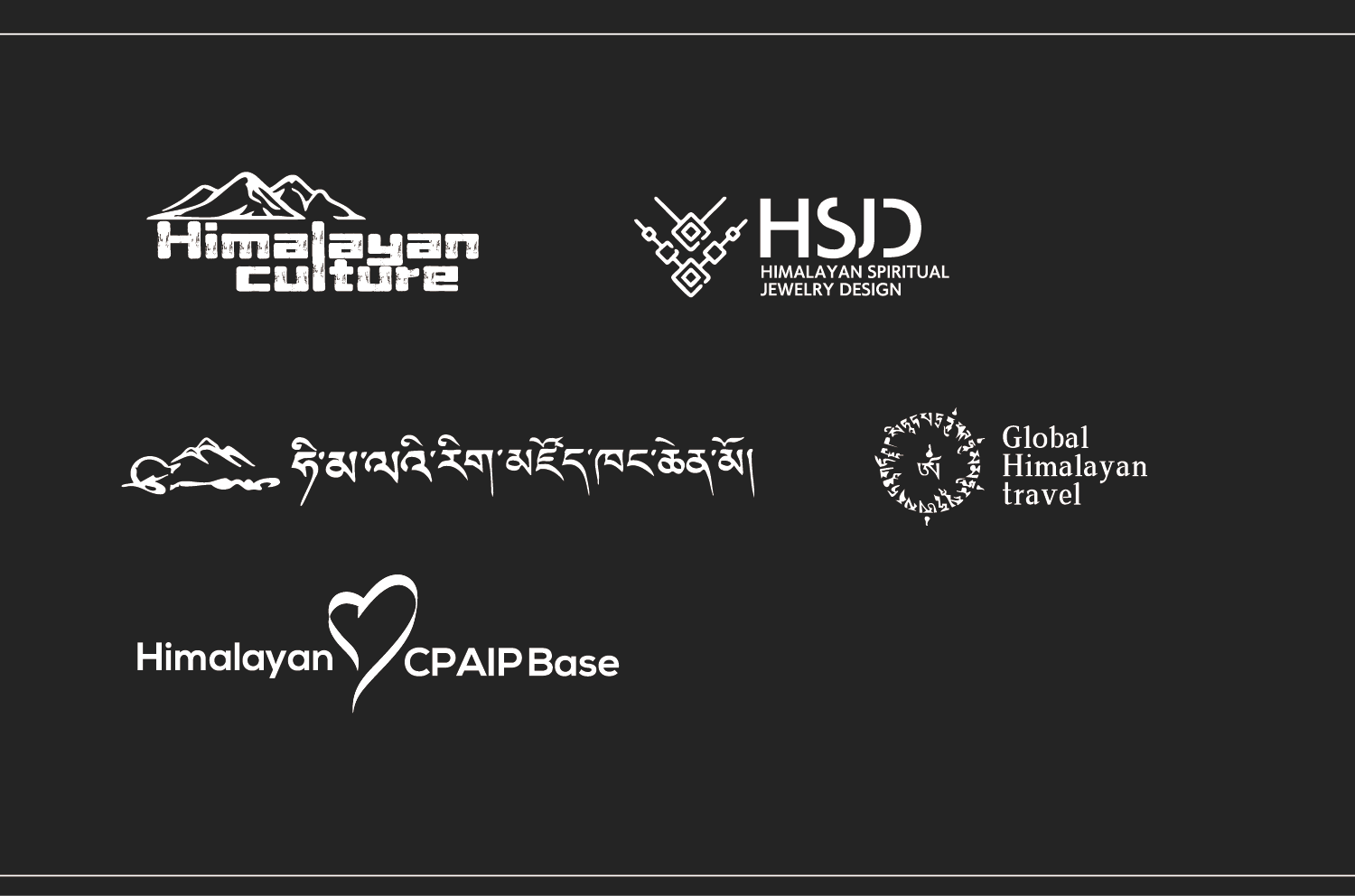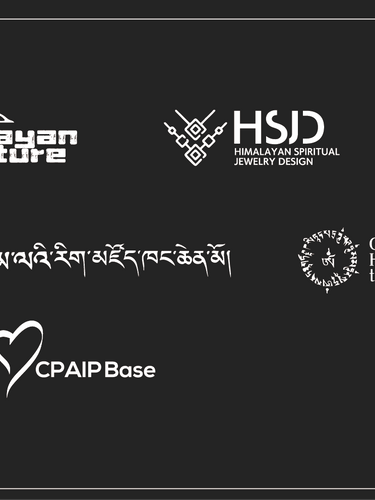
Meditation stands as a cornerstone in the pursuit of inner peace and liberation from the shackles of suffering. Rooted in ancient wisdom, it transcends cultural and geographical boundaries, offering a transformative path toward enlightenment.
The Essence of Meditation in Buddhism
Buddha, the enlightened one, propagated meditation as a means to attain liberation from the cycle of suffering. Central to Buddhist philosophy, meditation serves as a conduit to understand the nature of existence, fostering mindfulness and self-awareness.
Types of Meditation Practices
Samatha meditation focuses on tranquility and concentration. Practitioners engage in deep concentration to attain mental clarity and tranquility, laying the groundwork for profound insights and spiritual growth.
Vipassana, also known as insight meditation, delves into observing the nature of reality. It involves keen observation of sensations, thoughts, and emotions without attachment. By understanding the impermanent and interconnected nature of all things, practitioners gain profound insights into the self and reality itself.
The Role of Meditation in Buddhist Practice
Meditation serves as a crucial element in the Eightfold Path, the guiding principles advocated by Buddha to achieve liberation from suffering. It aligns with the pillars of Right Mindfulness, Right Concentration, and Right Effort, forming the cornerstone of a mindful and ethical life.
Mindfulness: Present-Moment Awareness
At the heart of Buddhist meditation lies mindfulness – the practice of being fully present and aware of one's thoughts, emotions, and surroundings. This state of awareness fosters clarity and insight into the true nature of existence.
Compassion and Loving-Kindness: Universal Benevolence
Buddhist meditation extends beyond personal growth to cultivate compassion and loving-kindness towards all sentient beings. By embracing loving-kindness meditation, practitioners foster empathy, compassion, and altruism, nurturing a profound sense of interconnectedness with all living beings.
Zen Meditation: Embracing the Present
Zen meditation, deeply rooted in Buddhist tradition, encapsulates a profound philosophy centered on embracing the present moment. It is a practice that transcends mere mindfulness; it delves into the core of existence, guiding individuals towards enlightenment through the experience of 'nowness.'
At the heart of Zen meditation lies the concept of Zazen, the practice of seated meditation. The practitioner assumes a comfortable yet stable posture, typically seated on a cushion, fostering a grounded connection to the earth. The spine remains upright, symbolizing an unwavering determination towards enlightenment.
The essence of Zen meditation revolves around the pursuit of **Satori**, an awakening to one's true nature. Unlike other meditation practices, Zen does not focus on achieving specific goals or altering mental states. Instead, it encourages practitioners to accept reality as it is, without judgment or attachment.
In Zen, the breath serves as an anchor to the present moment. Attention is directed towards the inhalation and exhalation, fostering a heightened sense of awareness. The breath becomes a gateway to mindfulness, allowing individuals to detach from the stream of thoughts and immerse themselves fully in the present.
Koans, enigmatic statements or questions, are integral to Zen practice. These paradoxical phrases aim to disrupt conventional thinking patterns, leading practitioners beyond rational thought towards a state of profound realization. Koans, like "What is the sound of one hand clapping?" or "What was your original face before your parents were born?" provoke introspection and contemplation, guiding individuals towards a deeper understanding of existence.
The role of a Zen master is pivotal in guiding students through their meditation journey. Masters impart wisdom through direct teachings, often involving dialogues and interactions that challenge the intellect and encourage direct experience. The relationship between the master and disciple is symbiotic, fostering growth and insight along the path to enlightenment.
Zen meditation embraces simplicity in its purest form. It urges practitioners to let go of desires, attachments, and preconceived notions, inviting them to experience reality with utmost clarity. Through this practice, individuals cultivate a heightened sense of presence, recognizing the profound beauty inherent in each moment.
The profound teachings of Zen meditation extend far beyond the meditation cushion. They inspire individuals to embrace life with mindfulness and compassion. By integrating Zen principles into daily life, practitioners nurture a profound connection with the world around them, fostering a harmonious existence rooted in awareness and acceptance.
Benefits of Meditation
Meditation transcends the spiritual realm, offering a multitude of benefits for holistic well-being. At its core, meditation serves as a gateway to understanding the intricacies of one's emotions. By cultivating mindfulness and observing thoughts without attachment, individuals can navigate the labyrinth of their emotions more effectively. This heightened self-awareness fosters emotional stability and resilience in the face of life's challenges.
Through meditation, practitioners gain the ability to acknowledge emotions without being overwhelmed by them. It allows for a conscious response rather than a reactive approach, empowering individuals to channel emotions constructively, thereby fostering healthier relationships and improved mental well-being.
In today's fast-paced world, stress has become a pervasive element impacting mental and physical health. Meditation emerges as a powerful antidote to combat stress and induce relaxation. The practice of meditation triggers the relaxation response, mitigating the production of stress hormones like cortisol.
As individuals delve deeper into meditative practices, they experience a profound sense of tranquility and inner peace. The tranquil state attained during meditation permeates into daily life, reducing anxiety and promoting a calmer outlook even amidst life's upheavals.
The cultivation of mindfulness through meditation refines cognitive abilities, enhancing focus and concentration. By training the mind to stay present, individuals develop heightened attention spans and mental clarity.
Beyond the mental and emotional realms, meditation exerts a positive influence on physical health. Scientific studies have linked regular meditation to a myriad of physiological benefits. These include reduced blood pressure, improved immune function, and even a positive impact on chronic pain conditions.
At Oriental Aesthetics, we cherish the profound heritage of oriental art. Our platform serves as a sanctuary for artists, collectors, and enthusiasts seeking to embrace the spiritual essence of classical oriental art. Oriental Aesthetics** stands as a beacon, celebrating the spiritual essence of oriental arts which bring the brilliance and inclusiveness of the world’s beauty. We invite you to embrace this enlightening lifestyle, fostering inner peace and liberation through the artistry and wisdom of the oriental world.























